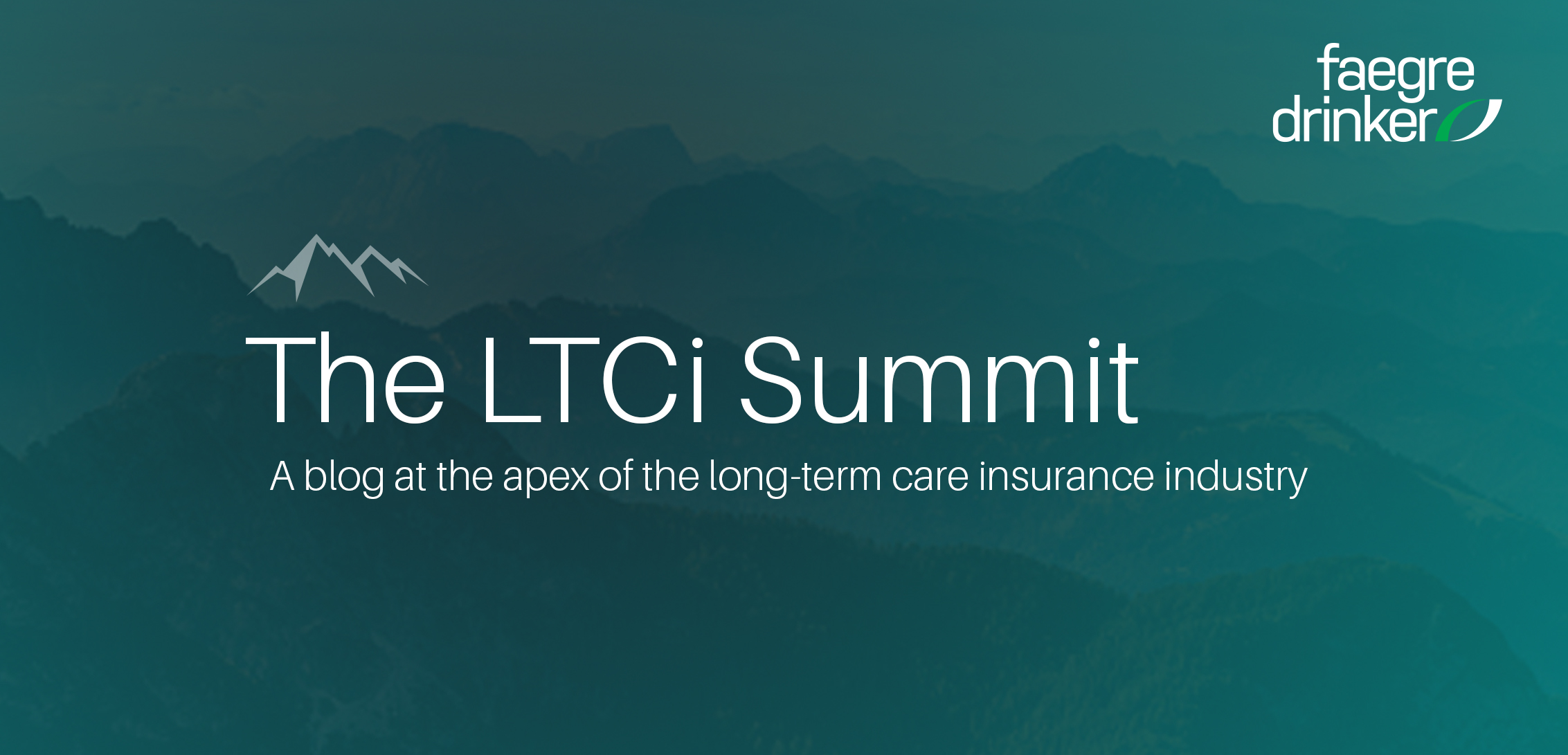We wanted to bring your attention today to a new client alert two of our Insurance practice colleagues have written highlighting Florida’s recent tort reform bill and its impact on insurance litigation.
On March 24, 2023, a sweeping tort reform bill was signed into law by Florida Governor Ron DeSantis. House Bill 837 was touted by DeSantis as being designed to reduce frivolous lawsuits and prevent predatory practices of trial attorneys. Notably, the bill will have a significant impact on insurance litigation as it modifies the bad faith framework, eliminates one-way attorneys’ fees, shortens the statute of limitations for negligence claims and changes the comparative negligence standard.
Continue reading “The Impact of Florida’s Tort Reform Bill on Insurance Litigation”


